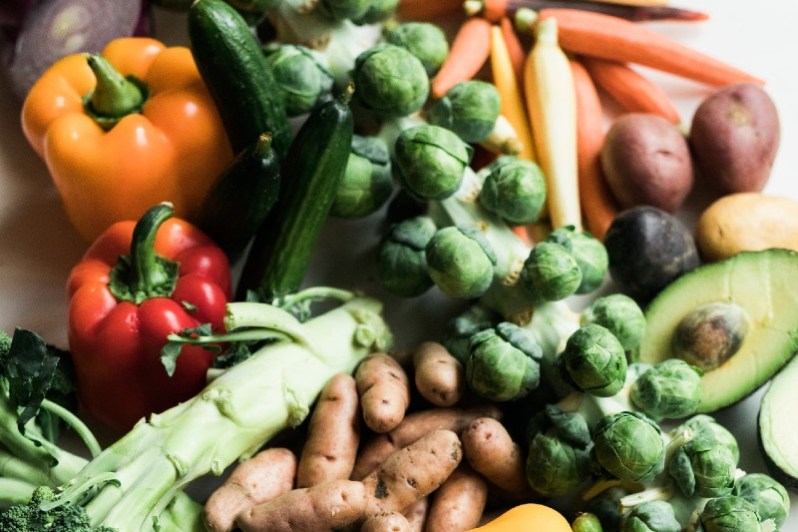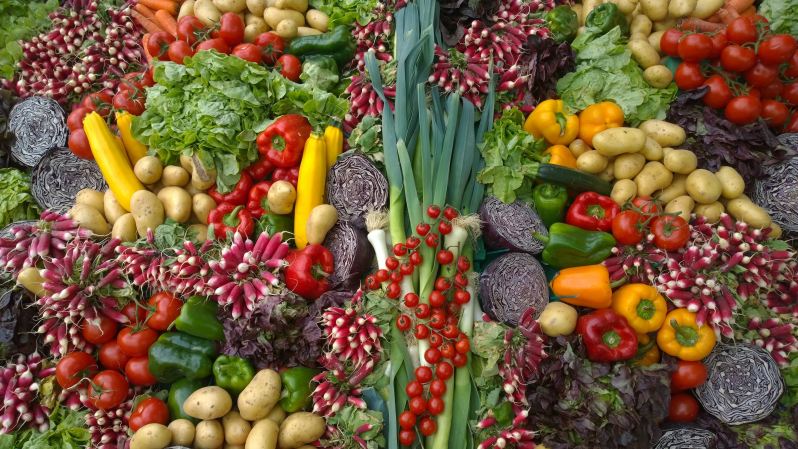For years now, it’s been pretty widely accepted that the Mediterranean Diet is one of the healthiest diets one can adopt. Not only is this way of eating nearly limitless in its delicious possibilities, but it’s fresh and beautiful, easy to stick to, and even allows wine and cheese (within reason). If you ask us, that last reason alone makes it, hands down, the best diet one can stick to.
And while we’re at it, the word “diet,” as it is currently used in society, isn’t the prettiest label to slap on this way of eating. Sure, the word can refer simply to the food one eats, regardless of weight loss implications. But in our toxic diet-culture age, the very word has become one of the uglier four-letter-expletives — one the Mediterranean style of eating is far above. Even without the goal of lowering the number on the bathroom scale, the Mediterranean diet is both a beautifully delicious and healthful way to eat. And, it turns out, in addition to its sea of flavors, long list of health benefits, and bounty of delicious recipes, there’s something more to love about this way of eating.
According to recent findings, compared to other diets, the Mediterranean diet meal plan is the easiest on the wallet. In a recent study released by MDPI, the Mediterranean Diet was found to be far and away the most frugal option when compared to other Western diets.
What is the Mediterranean diet?

The study

The study consisted of creating grocery baskets for four reference families based on data from Australian censuses and population statistics. Seven-day meal plans for the Mediterranean Diet and Western Diets were made for reference families that were entered into Foodworks software and aimed to meet 100% of nutrition and energy requirements based on the Australian Guide to Healthy Eating. Baskets representing different diets were created for these families, then tested against each other for things like nutrition, energy requirements, and financial cost.
The results

The results of the study confirmed that which so many have been preaching for years — that the Mediterranean Diet is, quite simply, the best way to eat. Not only did it surpass its competitors in nutrition, but its cost was far less than that of the typical Western Diet.
Broken down, the price tag for the typical Western diet basket ranged from $75 to $315 across households. While the Mediterranean Diet basket ranged from $78 to $285. That’s a considerable difference at the checkout counter.




